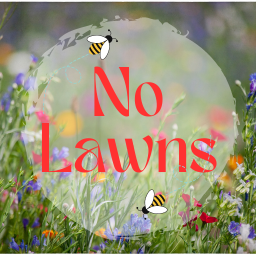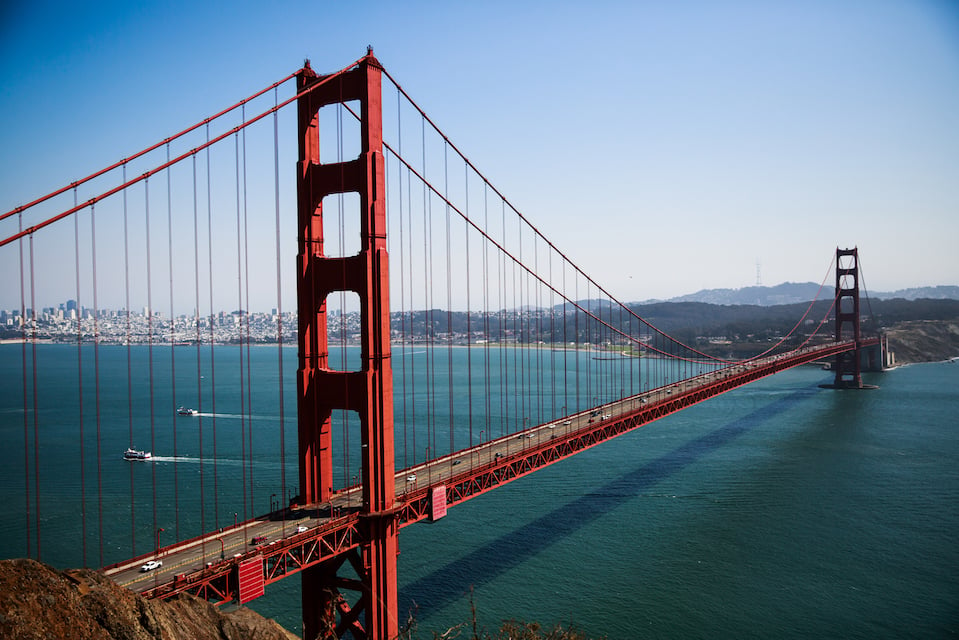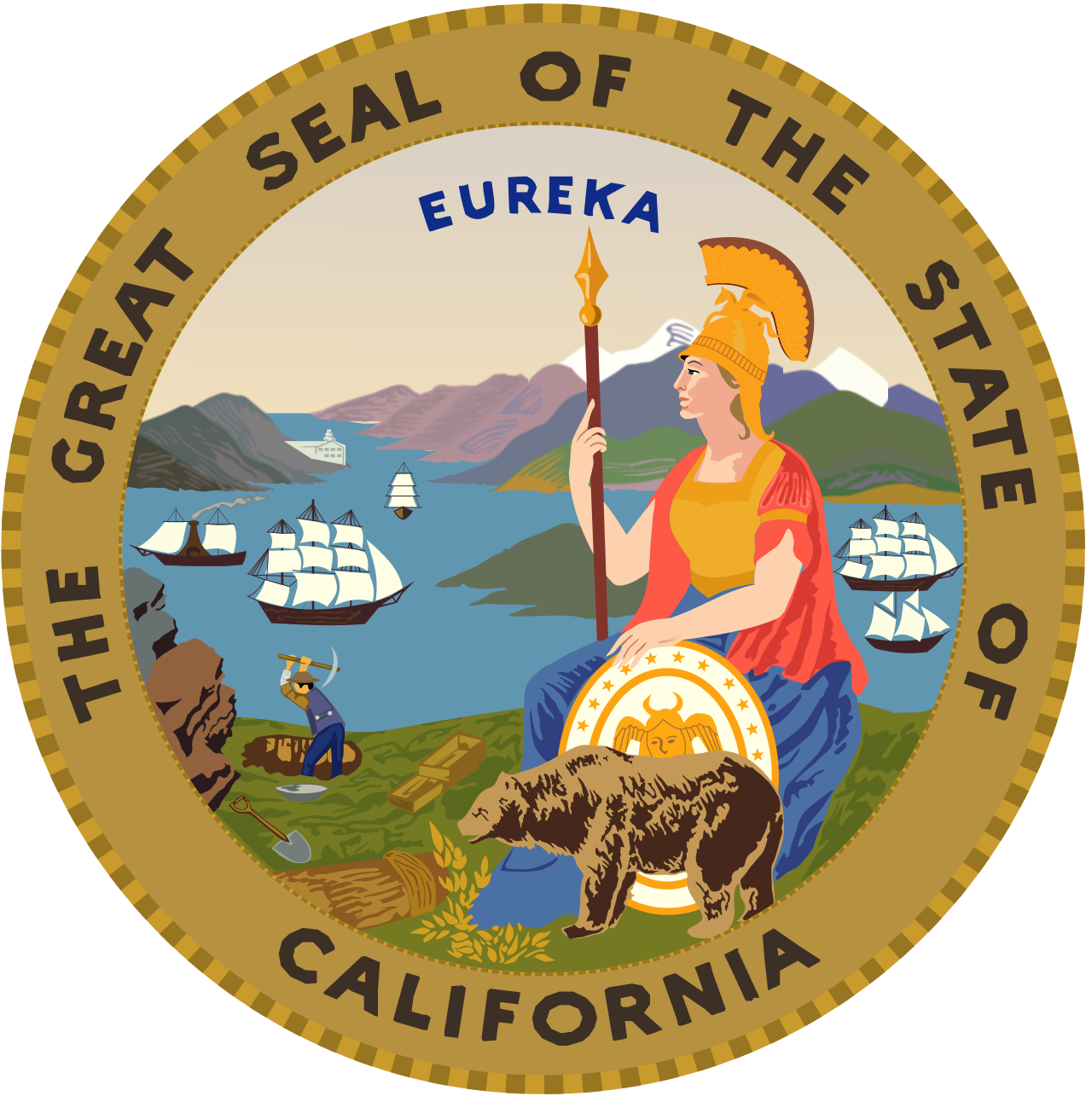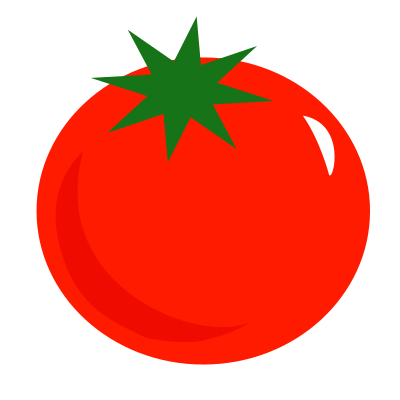- 147 Posts
- 1.87K Comments
Maybe you should define HSE? I have no idea what that stands for.

 2·5 hours ago
2·5 hours agoOh so they’re actually created the same way as a zip file? That makes sense I guess. Thanks.

 7·5 hours ago
7·5 hours agoTo be honest I’m not that excited about Harris as a president but I am excited about maybe finally getting our first female president. We’re way overdue for that at this point.

 3·5 hours ago
3·5 hours agoHow do these contain random files like this? Isn’t it just a file that applies some kind of visual effect to the media player?

 1·7 hours ago
1·7 hours agoSocialism means the workers control the means of production which is an antiquated term but can definitely mean direct ownership of businesses. So worker coops are certainly socialist. It doesn’t really make sense to speak of socialism as a single system since it’s more of a collection of ideas, most of which having never been tried. I assume you are talking about the USSR and those who followed its economic system. While I agree that that system was bad, they also didn’t grant workers real control over the economy and weren’t really socialist by the original definition. Even Lenin referred to their system as state capitalism, which they advocated for because marxists believe that capitalism has to advance to a certain stage before socialism can take root. The stated plan was to eventually move towards socialism but of course they never did because when do dictators ever want to give up power?
Most people think socialism is about free markets vs state planning but this is just Soviet and US propaganda. While some socialists did advocate for state planned economies, you can also have state planned capitalist economies such as the nazi war economy.
Anyway, that’s all esoteric political theory and not super relevant to worker coops which almost everyone agrees are pretty cool.

 1·7 hours ago
1·7 hours agoThat would be a significant departure from its original meaning. Capitalism was about economic ownership by capitalists—the class of people at the top of the economic hierarchy, who are wealthy enough to start their own businesses or buy shares from others and earn money without working. On the other hand, socialism is ownership or control of the economy by workers. Worker coops definitely could be considered a form of socialism, albeit it is probably the one that is most similar to capitalism since it still involves markets. So if you want to call worker coops capitalist then it would be both capitalist and socialist at the same time which is rather confusing to me.
But I mean words change, I think it’s a bit confusing to call this capitalism but maybe it would be more politically viable if we called it that. Lots of people are afraid of socialism because of the USSR and their atrocities.
Oops I guess I missed those lol. No I was thinking this was the only post.
Hope somebody came out to meet you! I’m in Sac actually so it’s a little far for me but otherwise I would be down.
The lemming ship is long since sailed. I don’t love it but fediversians may be worse lol

 3·18 hours ago
3·18 hours agoI wouldn’t sweat it too much. If you haven’t been banned from Lemmy.ml you’re either a bootlicker or you haven’t said enough yet. That place is deranged.
Just join similar communities on other instances and move on. No point in appealing.

 1·18 hours ago
1·18 hours agoI mean collective employee ownership can’t really be considered capitalism. Who are the capitalists in this economy? Everyone? It works very differently.
Generally most proponents of worker-coops are considered market socialists or anarchists, depending on their attitudes toward the state.
That said it can exist within capitalism, though it’s not clear whether capitalism will allow this ownership structure to expand significantly.
Fun idea but I feel like it might help to plan slightly further in advance.

 4·24 hours ago
4·24 hours agoI’m saying we’ve already allowed corporate exploitation of human culture for centuries. But yes, by all means, if AI is the last straw then I’m with you. But I want people to see the broader picture and not hyperfocus only on AI.

 7·1 day ago
7·1 day agoI’m not saying the process is exactly the same but conceptually it’s quite similar. Humans don’t create original ideas. They build on what came before. Maybe a truly brilliant artist or inventor adds 1% new ideas. That’s not enough to justify the extremely broad ownership of ideas that exists in our society. These laws implicitly assume that ideas were created from nothing through the sheer brilliance of the creator. Pure nonsense.
Humans have been freely copying each other for millions of years. It’s how we built everything we have. Ideas and art were not meant to be owned. The very concept of owning something non-physical is violent and authoritarian in nature. Without physical possession, the only way IP laws can be enforced is a global police empire, which the US has successfully created for its own enrichment at the expense of the global poor.
So in that context, the fact that AI is borrowing human ideas and then profiting from it doesn’t bother me any more than that humans do the same thing.

 14·1 day ago
14·1 day agoThe “issue” is that this logic applies to all human creations as well.

 191·1 day ago
191·1 day agoInstructions for non-hierarchical group decision-making.

 1·2 days ago
1·2 days agoSome people have argued they were a subspecies instead for this reason. But I didn’t want to get into that because it doesn’t change the overall picture. Whatever you want to call them, they’re far more distinct than human races today. Races aren’t distinct enough to be labeled at any taxonomic level that’s used to describe distinct taxonomic groups within non-human species. This didn’t stop early racist thinkers from trying, but the picture has become clear after more than a century of scientific research on the topic
But yeah the difference between species and subspecies can be a bit fuzzy as well. We used to define species such that they couldn’t interbreed, but then we learned that lots of clearly distinct species can interbreed too.
In some cases, species can be maintained by natural selection rather than reproductive barriers. A classic example is oak trees. Many oak species can easily cross with their close relatives and do so very frequently. However, since each species is adapted to a different ecological niche, the hybrids end up in ecological no-mans land, doing worse than either pure parent in their respective habitats. Because of this, they rarely reach maturity or contribute much to the gene pool, and the species remain distinct.
However, in some very specific environments they can, and this has been very important for oak evolution since it allows entire clusters of species to occasionally share genes, aiding in their evolution. This is thought to be one reason why oaks have adapted to almost every temperate treed environment in North America.

 183·3 days ago
183·3 days agoI mean… not really. Neanderthals were a distinct species and were far more genetically distinct than any modern human populations are from each other. There isn’t any scientifically valid definition of race that remotely resembles its use in common parlance. Certainly different cultures exist. But we don’t define race by culture exactly. Different physical traits exist as well, but they often overlap between different races, so they don’t completely define race either.
Race is an artificial amalgam of different concepts used to rank people hierarchically. It isn’t real in any physical sense, but only exists as an idea to justify stratifications on society.

We have all of these species growing in California which is basically a hotter, drier version of the same climate. So while these species will be more stressed, I doubt they will completely disappear.
English oak and English holly do reasonably well here, though they usually need some irrigation. Silver birch and European beech are definitely more marginal and you may see higher mortality with those species.



















Thanks. Is this some new corporate trend? My workplace is pretty old-fashioned so I’m a little insulated from all these weird ideas they come up with.